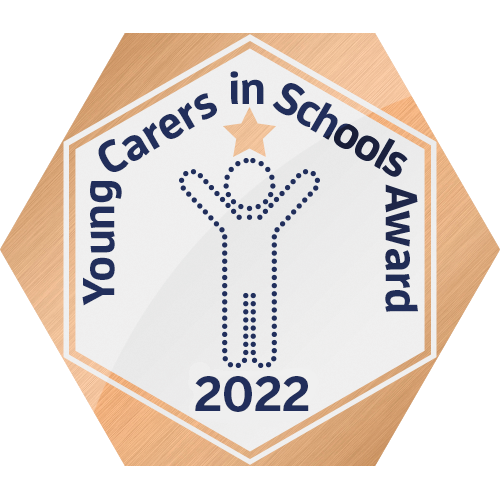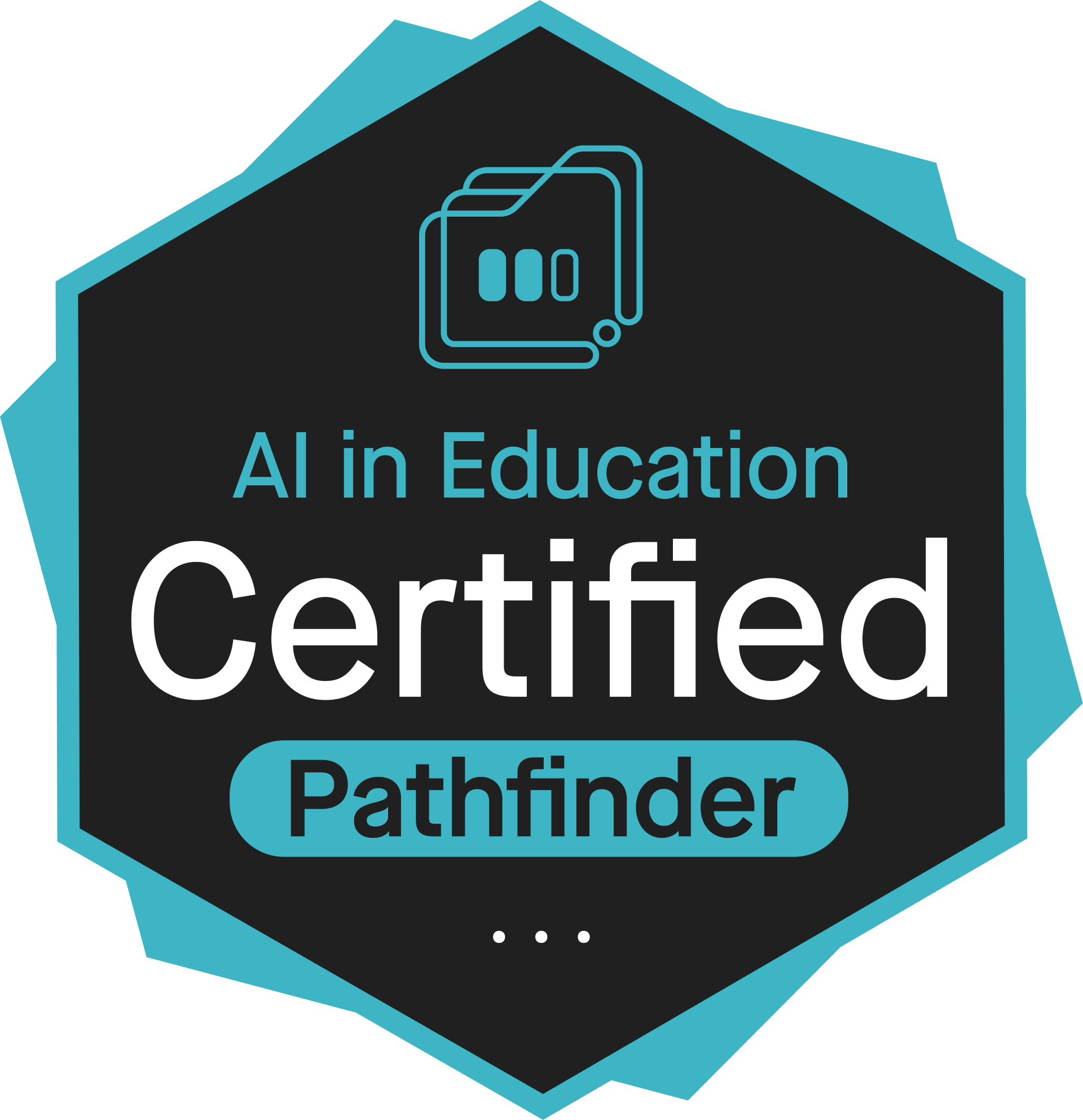CURRICULUM STATEMENT
Think, Enjoy, Achieve, Marvel
Our curriculum has been carefully developed to ensure broad, balanced and rich coverage of the National Curriculum tailored to be relevant and inspiring for the children of Westlands. Careful thought has been given with regard to the knowledge that we want children to acquire. Each carefully planned sequence of learning fits into the wider curriculum to ensure that there is progression within every subject across the school. Through well planned links from one term to the next, there are opportunities to revisit and extend prior learning so that learning is retained and deepened for all our children. As part of this, we are determined that children should not be rushed through learning sequences by trying to cover too much all at once and so each half term there are sequences of learning in the core subjects of English, Maths and Science as well as PE. However, across the year children will receive six week learning sequences every half term in either Computing or Music; Personal, Social, Health Education or RE; History or Geography; Art or Design Technology. (Please note that in some terms, there may be a whole term of History or Geography and in Art or Design Technology as this may better complement the theme but this will be then be compensated for during the other two terms within the year.)
We are proud of the diversity in our community here at Westlands and our curriculum reflects this with a strong thread on ‘how immigration and emigration have shaped our world’ so every child gains a sense of pride and belonging linked to their own heritage. At the heart of everything we do are our core values and beliefs – Think, Enjoy, Achieve, Marvel aligned with the three rules: being kind; being safe; being responsible. We also hold dear the values of equality and care of community as well as promoting British values and celebrating British traditions and special occasions. Children have opportunities to explore and learn about their community and the wider global community and develop a sense of responsibility for the part they play in society. Children are also taught about how to develop perseverance, to co-operate and focus and to be curious and take risks as learners.
The school has been accredited as a Voice 21 Centre of Excellence, developing children’s oracy and ensuring that spoken language is a taught part of the curriculum for every child.
We aim to nurture in our children, the attitudes for them to become discerning young adults who are aware of the need to select and query information, challenge stereotypes and debate and question to find solutions to the difficult issues that face us in modern times. In doing so, we also want them to be self-aware, confident, resilient young people who recognise that striving for self fulfilment guides us and gives consistency to our lives.
Our ‘Spread the Happiness’ initiative is integral to the promotion of well-being for each and every member of the Westlands community and we believe that children learn best when they are happy. We also use the acronym MAGIC to drive our well-being and mental health programme for children and staff to be: mindful, active, generous, interested and connected; this is carefully linked to the curriculum content and a focus of our assemblies.
Each term the curriculum takes on a broad whole school theme: Cause and Consequence; Rights and Responsibility; Change and Continuity. This is then broken down into individual themes for each year group with each theme interconnecting across the year and on in to the next year to ensure natural links back to previous learning, effecting strong progression and resulting in a cohesive Westlands curriculum. Each theme is the glue that binds the discrete subjects to ensure that there is a richness and purpose to our learning. Each term we begin with a key question linked to the theme where children have the opportunity to formulate ideas and questions of their own.
We continually evaluate and improve the learning sequences to ensure that the curriculum reflects what is happening in the world around us – for example, the Year 4 Summer Term where the theme is ‘statues’ now includes a lesson where children debate whether statues should only be there for the purpose of veneration? In Year 5, children study the text ‘The Boy at the Back of the Class’ and explore what it might feel like to be displaced as a child refugee. Our curriculum includes visits and visitors both locally and to places further afield as we try to ensure children are excited and inspired by memorable experiences that alongside their classroom experience, will fuel their dreams and ambitions.
September 2024








